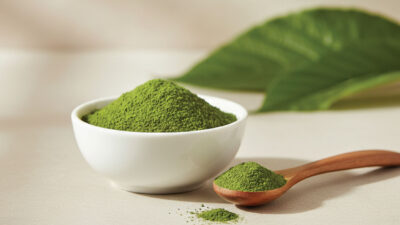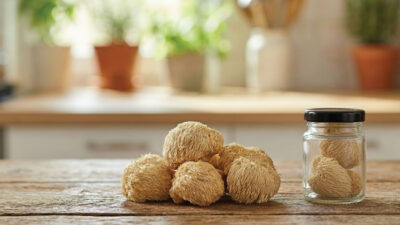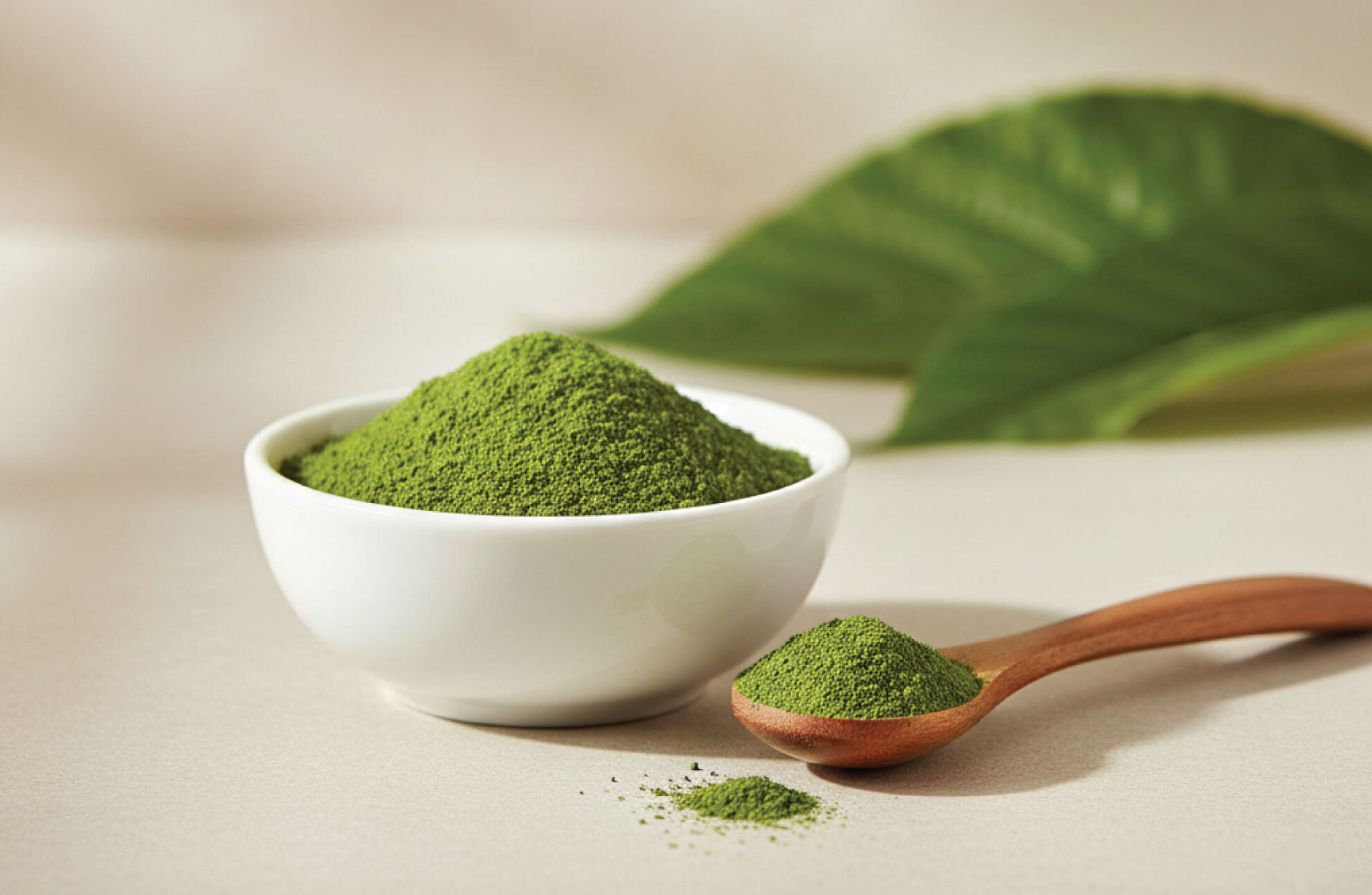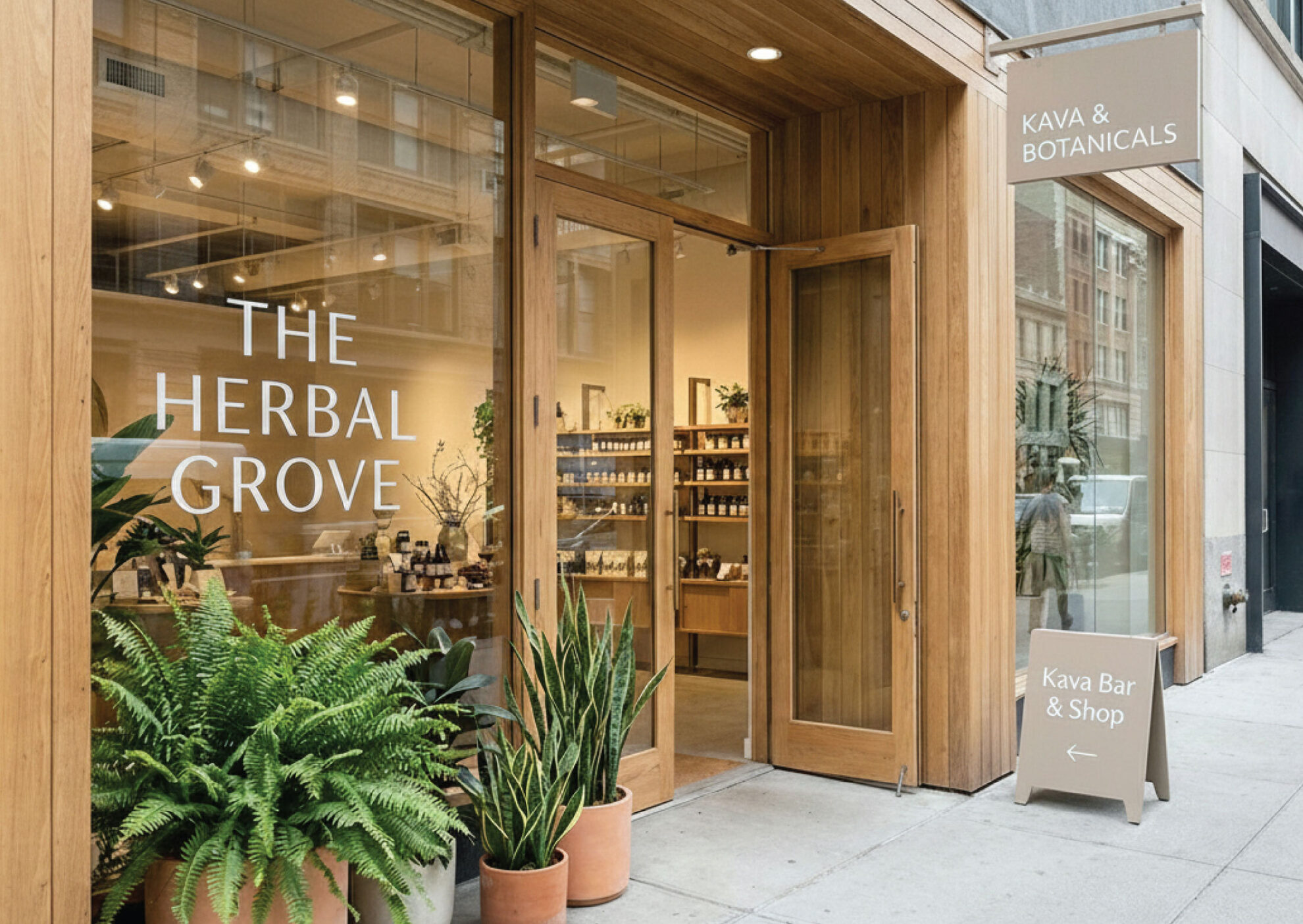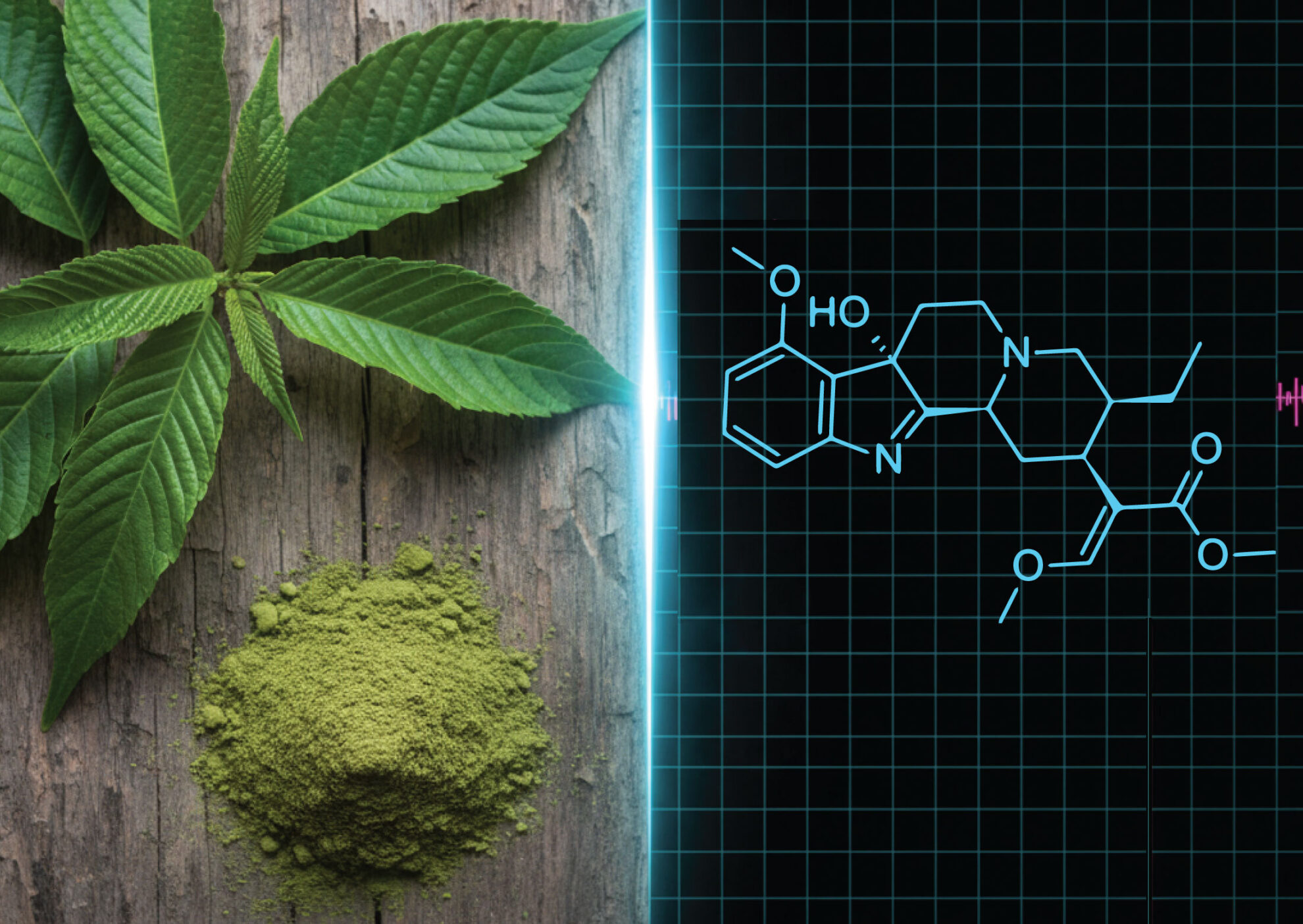Solomon Islands Kava is deeply woven into the cultural fabric of the Pacific, with a rich, distinct comeback story. The Solomon Islands region, in places like Guadalcanal and Malaita, boasts several distinct cultivars. Two notables are Feo and Temo. These unique strains have become important for export, supporting rural livelihoods, and maintaining cultural traditions.
This Kava’s rich traditions nearly disappeared from history, only to be brought back by dedicated local farmers and their families who believed in the value of generational Kava knowledge and what that brings to the world. Today, we enjoy each sip of Solomon Island Kava knowing we are part of that unique story.
In this guide, we’ll explore the history of Solomon Islands Kava, its most well-known cultivars, farming and preparation methods, and the cultural significance behind every cup. By understanding its origins, you can appreciate the heritage that shapes this timeless drink.
Disclaimer: This content is for informational purposes only and does not constitute medical or legal advice.
Origins of Solomon Islands Kava
Then…
Solomon Islands Kava has roots stretching back generations, shaped by the islands’ lush tropical climate and fertile soils. The archipelago comprises hundreds of islands in the South Pacific, with significant cultivation primarily on Guadalcanal, Malaita, and Isabel.
Unlike Vanuatu or Fiji, where Kava remained a dominant crop, Kava in the Solomon Islands nearly disappeared in the 20th century due to colonial disruption, economic shifts, and lack of export infrastructure. It was kept alive in small, isolated communities, primarily for ceremony, storytelling, and dispute resolution. It remained a thread of tradition, not a commercial product.
But in the 2000s, things changed. Farmer cooperatives, government agronomy programs, and cultural revivalists began replanting the Kava varietals that were disappearing from history, reviving it for their families, communities, and eventually contributing to the local economy through exporting practices. Ancestral, noble cultivars like Feo and Temo that had been passed down informally through families had finally found a comeback.
This isn’t just about farming. It’s a quiet revolution. A reclaiming of cultural identity through plants.
Now…
- Every bowl of Solomon Islands Kava tells a survival story, connecting ancient roots to a modern, ethical trade that supports education, healthcare, and cultural pride. Learn more at Solomon Islands Government.
- Between 2016 and 2020, Solomon Kavas generated more than SBD 5 million through exports alone.
- Feo and Temo Kava cultivars are ancestral plants passed down through generations by families who share in the care of traditional Kava varieties. Melomelo is another Solomon cultivar.
- Revived cultivation of Solomon Islands Kava now supports small-scale exports to markets in Australia, New Zealand, and the United States.
- Smallholders plant and maintain Kava alongside other crops, often using traditional, low-impact methods that help preserve soil quality and biodiversity.
For many in the Solomon Islands, Kava represents not just an export product but a connection to culture, heritage, and community life. Appreciating the origins of Solomon Islands Kava means recognizing the knowledge and care passed down through generations.
Learn more about where to buy Kava today.
Common Cultivars: Feo, Temo, and More
One thing that sets Solomon Islands Kava apart is its range of Kava cultivars, each with its own history and local significance. Generally, Solomon Kava has higher Kavain content, making it perfectly suitable as a “daytime” Noble Kava choice – learn more about Kavalactone profiles in Kava.
- Feo, grown in the lush hills of Santa Isabel, is known among farmers as a generous plant. It is steady, strong, and time-tested. Its brew is smooth and balanced, with a soft woodiness that locals describe as “easy on the tongue and good for the mind.” It is often the Kava of choice for winding down the day or settling into heartfelt conversation.
- Temo, sometimes referred to as “Temotu Purple,” is a rare cultivar from the eastern provinces. Its roots grow in remote, ocean-facing villages where volcanic soils and salt air shape its bold character. The drink is creamy, with a mellow depth that leaves space for stillness. Temo is often brought out at gatherings where connection matters most, where silence speaks, and presence is enough.
Beyond Feo and Temo, local growers maintain diverse, often unnamed varieties. These plants are passed down through families, reflecting generations of knowledge about soil, rainfall, and local conditions.
By learning about these Kava cultivars, buyers can appreciate the skill, tradition, and heritage that shape each cup of Kava and support practices that help preserve these unique varieties.
Kava Farming in the Solomon Islands
Solomon Islands Kava farming is more than just growing a crop; it’s a practice rooted in community and tradition.
Many Solomon farmers grow Kava alongside food crops like taro, yams, and bananas. They often use low-impact, sustainable, traditional methods. Farmers select strong parent plants and propagate them by hand through cuttings. This careful approach preserves local Kava cultivars, which are suited to specific microclimates, such as Feo and Temo.
As demand grows in export markets, Kava offers significant economic opportunities. Sales help fund education, healthcare, and other community needs while preserving cultural knowledge.
While export requires improved drying and processing, many farms still rely on time-tested, traditional techniques. This connection between Kava farming, culture, and family heritage remains strong and is a key reason to support its responsible sourcing.
Traditional Preparation and Drinking Culture
Solomon Islands Kava preparation begins with fresh or sun-dried roots that are cleaned, peeled, and pounded or ground. The Kava is mixed with water, kneaded, and strained to create a thick, earthy drink.
Unlike the commercial Kava bars in the U.S., gatherings in the Solomon Islands tend to be local and personal. Family and friends sit on mats or under shelters, sharing bowls in a relaxed, communal setting.
Drinking Kava is seen as a way to promote social ease, storytelling, and connection. It’s often used to mark important events, resolve disputes, or simply unwind at the end of the day.
These traditions reflect deep respect for the land, the plant, and the shared experience of drinking Kava.
Curious about the cultural importance of Kava strains and the power of natural Kratom? Check out our detailed guide to Kratom and Kava.
Why Source Solomon Islands Kava Responsibly
Choosing Solomon Islands Kava is about more than its smooth flavor and gentle, uplifting effects. It’s also about supporting traditions that sustain local livelihoods and preserve cultural knowledge.
Most Kava is grown by smallholder farmers who tend family plots. This means for each cup of Solomon Islands Kava you drink, you are helping to support rural economies and responsible cultivation of a centuries-old botanical. Sales enable families to invest in education, healthcare, and community projects.
Ethical trade also helps preserve Kava culture by ensuring that growing and preparation techniques are passed down to future generations. Likewise, choosing responsible Kava vendors who prioritize fair trade and offer lab-tested Kava products contributes to the safe use of Kava. Reputable suppliers work directly with farmers to ensure consistent quality and ethical practices.
At Kat’s Botanicals, we’re proud to be a part of the rich Solomon Kava traditions. We offer lab-tested Kava products with complete transparency in product sourcing and information, allowing you to use Kava safely and enjoyably. Our cGMP standards provide the best Kava experience in every cup.
Learn more about how to use Kava drops.
FAQs About Solomon Islands Kava
Solomon Islands Kava stands out for its distinct Kava cultivars, such as Feo and Temo. These varieties, when combined with traditional farming and preparation methods, create unique flavors and effects that reflect the local culture.
Strength varies by cultivar and preparation. Feo and Temo are known for their balanced effects, which may promote relaxation and social ease. Always start with small servings to see how your body responds.
Roots are cleaned, pounded, or ground, then mixed with water and strained through a fine mesh. The drink is shared in small gatherings to encourage storytelling and community bonds. Our Solomon Kava Powders can be stirred into water and straining before drinking is optional.
Responsible sourcing supports local farmers and preserves cultural traditions. Partnering with Kats Botanicals for all your Kava needs means adhering to additional cGMP standards and undergoing thorough lab testing for every batch.
Final Thoughts on Solomon Islands Kava
Solomon Islands Kava is more than just a calming drink. It’s a reflection of Solomon Island farming traditions and generations of shared knowledge, rooted in cultural heritage.
By choosing Kava from this region, you support sustainable practices and local economies. You also help preserve unique Kava cultivars, such as Feo and Temo, ensuring these varieties continue for future generations.
Responsible use matters, too. As with other botanicals like premium Kratom products, start low and go slow, paying attention to serving size and how your body responds. This approach promotes a mindful and respectful use that honors the traditions behind the drink.
At Kat’s Botanicals, we’re proud to offer this rich Kava experience to our customers. We’re committed to transparency and quality, ensuring you enjoy the freshest, cleanest Kava experience with each of our Kava varieties. If you enjoy our Solomon Kava during the day and want an evening Kava, we recommend trying Vanuatu Kava.


